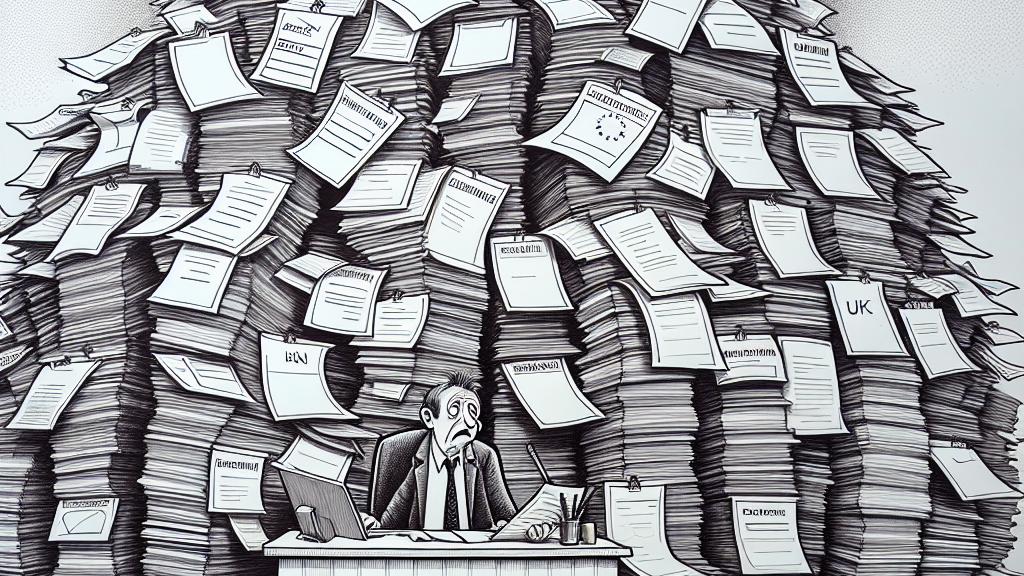Understanding the Impact of Brexit on the UK
Overview
- Brexit has significantly transformed the UK's trade relationships, creating various obstacles.
- Small businesses bear the brunt of new regulations, facing greater challenges than larger firms.
- The economic outlook following Brexit is concerning, with projections indicating a potential downturn.

Trade Challenges
Since the UK decided to leave the European Union on January 31, 2020, the impact on trade has been nothing short of monumental. Transitioning out of the EU's single market and customs union has introduced a multitude of new barriers. For example, one report highlighted a staggering 27% drop in UK exports to the EU, illustrating the profound effects of the new regulatory environment. As a result, companies now face complicated paperwork and rigorous checks that were almost nonexistent before Brexit. This transition has disproportionately affected smaller businesses that often lack the resources needed to adapt swiftly. Can you imagine being a small manufacturer, suddenly buried under forms and compliance checks? It's no wonder that many struggle to keep their heads above water.
Impact on Small Businesses
Small businesses, often highlighted as the backbone of the UK economy, are feeling particularly vulnerable in this new landscape. Take, for instance, a cheese producer in Devon who shared their ordeal of dealing with the hefty paperwork needed to export to the EU. After much difficulty, they regrettably decided to terminate their exports. This narrative is echoed by numerous small firms across the country, many of whom report halting their EU exports altogether due to overwhelming bureaucracy. Notably, a shocking 1,645 fewer types of British products made their way to the EU right after Brexit. This decline not only represents a loss of variety but also raises concerns about the future competitiveness of UK goods on an international scale.
Economic Outlook
Looking forward, the economic predictions are less than cheerful. According to the Office for Budget Responsibility (OBR), the UK economy could contract by about 4%, which translates to an eye-watering £100 billion. Such numbers aren't just statistics; they signify real potential hardships for everyday Britons. While other G7 nations appear to be witnessing a bounce-back in trade since the pandemic, the UK seems stuck in a rut. The lingering uncertainties of post-Brexit trade agreements make it difficult for businesses to plan for the future – and that’s where the real trouble lies. With both businesses and consumers facing a climate fraught with instability and unpredictability, the long-term consequences of leaving the EU are a topic of much concern among economists.

Loading...